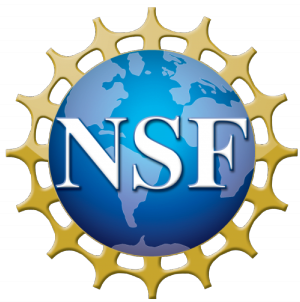January 28th, 2015 | RESEARCH
This document includes a series of six checklists—one for each of the six types of research outlined in the Common Guidelines for Education Research and Development. The Guidelines, developed by the Institute of Education Sciences at the U.S. Department of Education and the National Science Foundation, explains those agencies’ shared expectations for education research and development. The checklists, created by EvaluATE, are distillations of key points from the Guidelines. The checklists are intended to support use of the Guidelines, enabling users to quickly reference a type of research and determine whether they are following guideline’s expectations. As such, they provide an overview and orientation to the Guidelines. They do not replace that report nor do they expand or elaborate on the report’s content. The checklists’ content has been extracted (usually verbatim) from the full report.
Document
(no document provided)
Team Members
Evaluation Resource Center for Advanced Technological Evaluation (EvaluATE), ContributorLori Wingate, Principal Investigator, Evaluation Resource Center for Advanced Technological Evaluation (EvaluATE)
Funders
Funding Source: NSF
Related URLs
http://www.evalu-ate.org/resources/cg_checklist/
Tags
Audience: Evaluators | Museum | ISE Professionals
Discipline: Education and learning science | General STEM | Technology
Resource Type: Reference Materials
Environment Type: Exhibitions | Informal | Formal Connections | Media and Technology | Professional Development | Conferences | Networks | Public Programs

